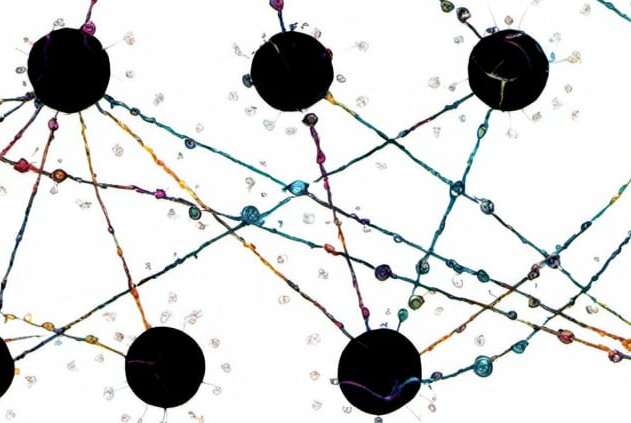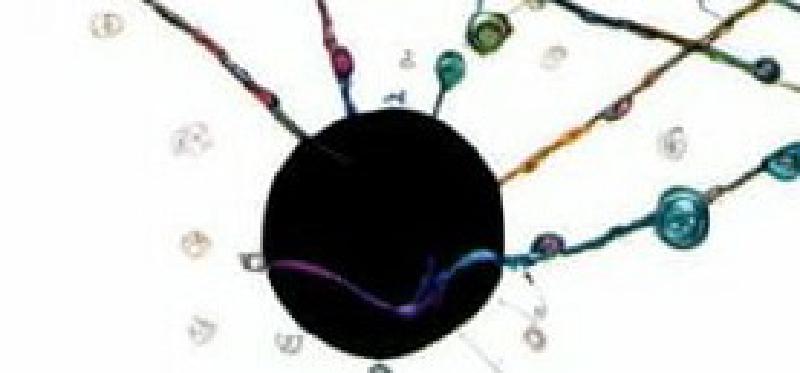
This site began as an experiment with OER (Open Educational Resources) in around 2007. Soon after that, I began a Masters Degree in the Open University on Online and Distance Education (which I completed in 2012). The following is a translation into English of a section of my about page from 2016:
The work of a teacher of English as a foreign language is connected with huge historical processes - globalisation, the adoption of information technology and the appearance of a worldwide cultural industry. All of this makes the language we teach not precisely a “foreign” language. I see it as a tool for creating a common space for people with differing worldviews. The teacher of English ought to present the discipline in a maximally pure and clear way, as a symbolic infrastructure which can support any content.
At that time I might have described the role of the teacher of English as a Lingua Franca as training in the creation of Habermasian “ideal speech situations”1. These situations are relatively easy to model in the context of small-group face-to-face interactions in real time.
However, this picture of interpersonal communication is insufficient in several respects:
- Classroom conversations filter out the complexity of real life situations. Of course language teachers like to focus on language forms rather than the social context. The ideal speech situation is a useful theoretical construct, but teachers also need to be honest about real life, where cultural differences, hierarchies and psychology all interfere.
- Our learning depends on the interplay of the learners’ current concepts and skills and different kinds of “experience”…But most of what we take in is neither our own personal experience nor the direct speech of another person. Instead it consists of “epiphylogenetic”2 memory…technological artefacts such as writing or digital recordings.
- The possibilities of individual knowledge and skills are flattened by the economics of cognitive capitalism3. A lot of systems in education, and in society more widely proletarianize the people who pass through them.
- We now describe knowledge as a distributed and embodied system where no individual is an island. The speakers in any conversation are also participants in wider networks, and themselves are individuated through their interactions outside the classroom.
- Due to the rapid pace of change, the knowledge which our civilization produces seems to be in crisis, it is shaky or suspect in some way.
So any sensible look at education must describe learning as a process of adaptation by complex systems at several different levels. These different levels act on each other by feedback both up and down the hierarchy: from the smallest: a neuron maybe, to the biggest: the potential amount of food calories available for humans to eat worldwide… Our gut microbiome changes our brain chemistry, the economy encourages us to engage in particular activities, to prefer certain pizzas, say. At the largest scale, the whole of urban-industrial civilization will need to adapt to the changes it is imposing on the biosphere by its own activity. We’ve got a lot to learn!
-
see Communication and the Evolution of Society by Jürgen Habermas, 1979. T. McCarthy, trans. (London, Heinemann). ↩︎
-
this term comes from Bernard Stiegler. see this description by Matt Bluemink ↩︎
-
nicely examined in this performance by Warren Neidich ↩︎
